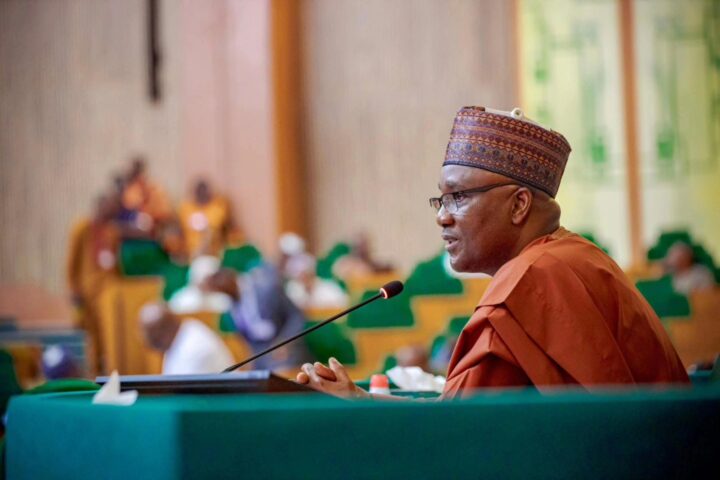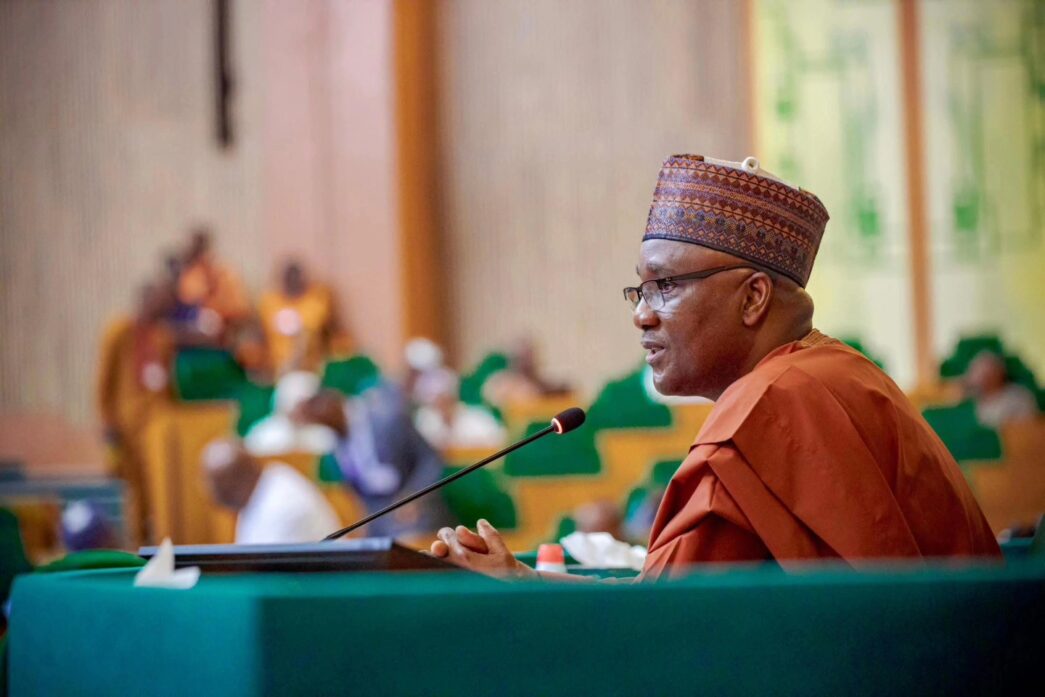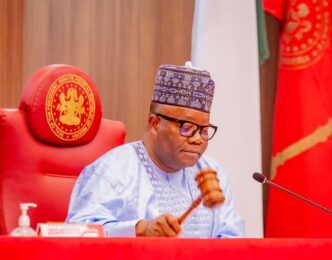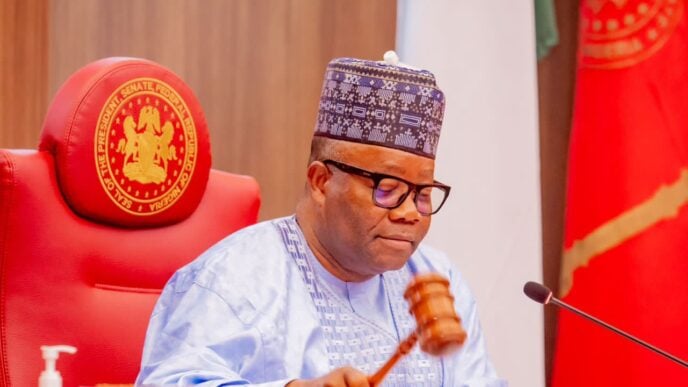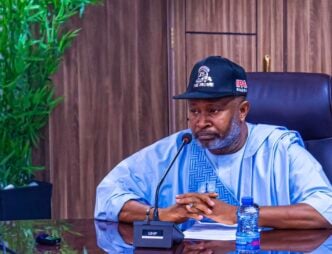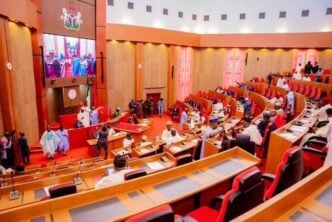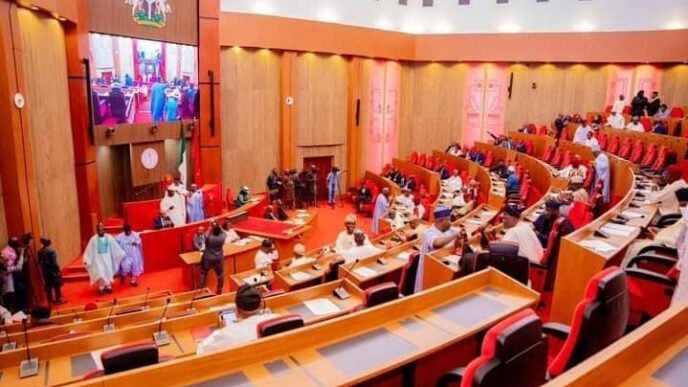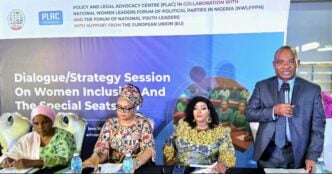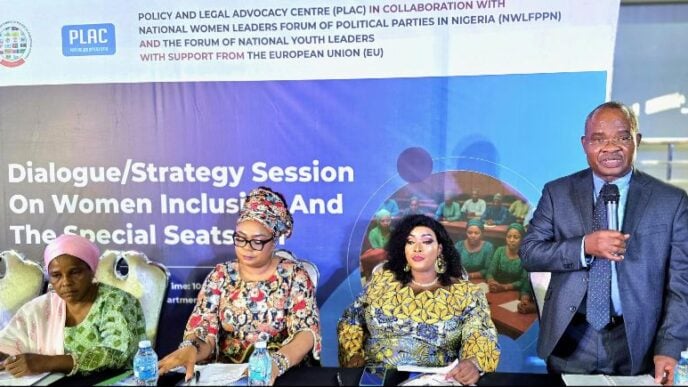Tajudeen Abbas, speaker of the house of representatives
Tajudeen Abbas, speaker of the house of representatives, has urged lawmakers to work collaboratively to ensure amendments to the 2022 Electoral Act are passed before the 2027 elections.
Speaking during the plenary’s resumption on Tuesday after the annual recess, Abbas said the legislature has a duty to address flaws identified in previous polls and strengthen the credibility of future elections.
“We must finalise electoral reforms well ahead of the 2027 general elections,” Abbas told his colleagues.
“The Electoral Act amendment bill seeks to strengthen measures against violence, improve access for persons with disabilities, and establish clearer timelines for resolving disputes, but also reduces the ambiguities that trailed the last elections.
Advertisement
“Our goal is to make elections less contentious and litigious, lower their cost through single-day voting, and make the process of party primaries more democratic and inclusive.
“Related constitutional changes include provisions for an electoral offences commission. Our goal is to produce a new Electoral Act that stands the test of time.”
Abbas said President Bola Tinubu’s administration had embarked on reforms to stabilise the economy, boost security, and attract investment, and these required a legislature that could provide rigorous oversight, make sound laws, and collaborate constructively with other arms of government.
Advertisement
The speaker said a midterm review shows that the 10th house is the most productive since 1999 in terms of both legislative outputs and outcomes.
Abbas said the house has considered 2,263 bills, passed 237, and secured presidential assent for 50, covering areas such as power reform, student loans, cybersecurity, tax policy, and regional development.
He noted that constructive collaboration with the executive has enabled timely budget passage, aligned reforms, and practical policy outcomes while preserving legislative independence.
Abbas asked lawmakers to prioritise constitutional amendments, saying the 87 proposals are on devolution of powers, local government autonomy, judicial reform, and socio-economic rights, which await debate and voting.
Advertisement
He noted the need to complete voting and transmit the approved amendments to state assemblies before the election period in December.
Abbas said economic recovery and job creation must remain central to the legislative agenda.
He pointed to the need for measures supporting small and medium enterprises, implementation of the Startup Act, vocational training hubs, technology parks, renewable energy, and improved grid reliability to drive investment and growth.
Abbas asked lawmakers to remain united and focus on results despite party affiliations, adding that Nigerians would judge the assembly by its ability to deliver tangible outcomes that improve lives.
Advertisement
